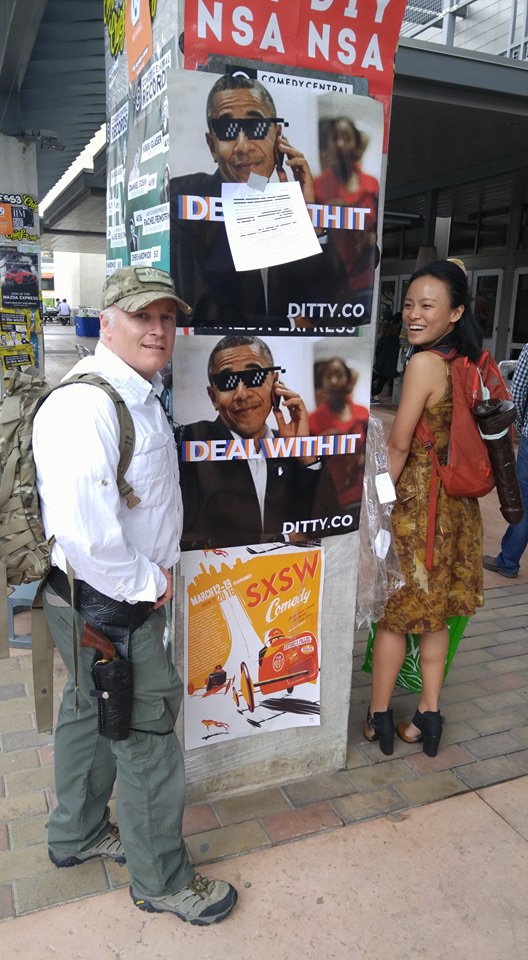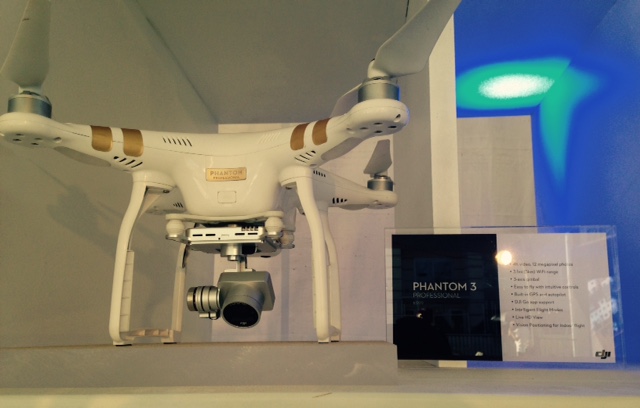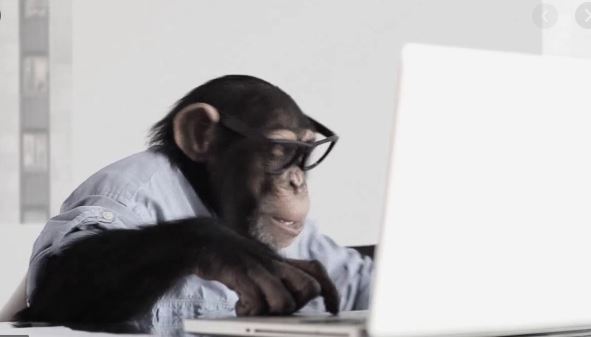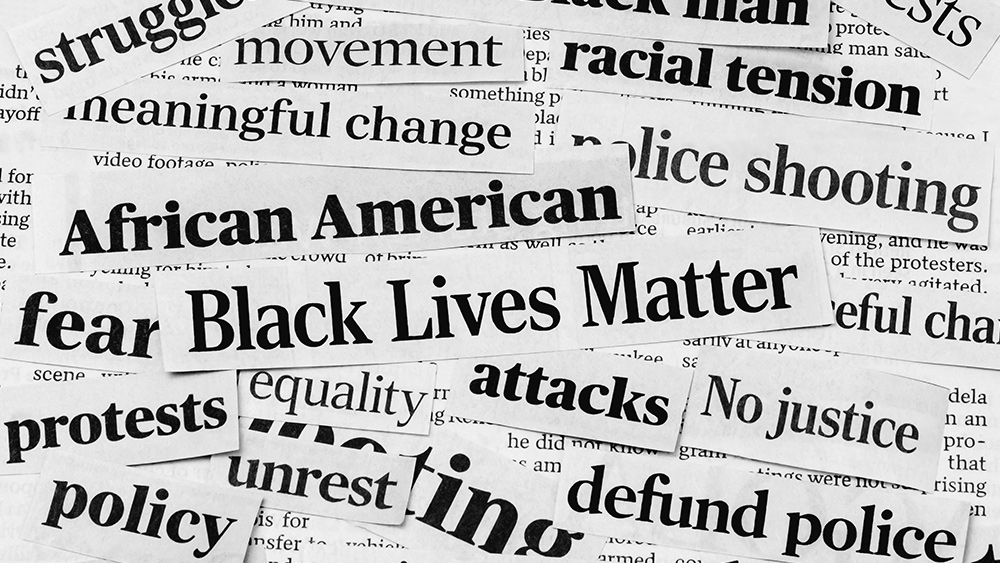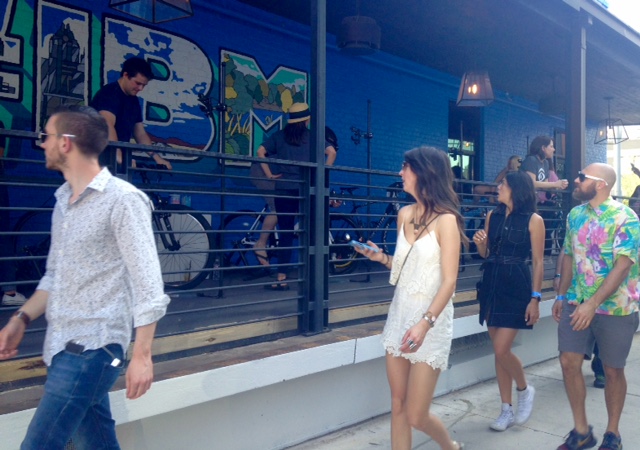
Advertisement
South by Southwest Interactive turned out to be less exciting than years past. Many Silicon Valley tech companies decided not to attend this year’s festival based on what is rumored to be economic reasons.
Companies like Yahoo didn’t host the events they normally do, while executives from Tumblr attended only a handful of panels. Some investors and entrepreneurs told CNBC that the calmer atmosphere reflects “an overall cooling in the Silicon Valley ecosystem,” affecting both startups and tech giants.
“All this reflects the diminished funding environment in tech. Capital invested in seed stage start-ups has so far dropped to $99 million in the first quarter of 2016, down from $155 million the prior quarter.”
Other start-ups say the festival’s noisy atmosphere has made it difficult for them to sell their ideas and products.
Though SXSW Interactive was certainly quieter than usual, a substantial number of techies were still in attendance, and this is what they talked about the most:
1.) The city’s move to regulate ridesharing companies Uber and Lyft
Ridesharing is arguably one of the most important and successful innovations born in Silicon Valley. Both Uber and Lyft were founded in San Francisco, and their services are used by millions around the world. Ridesharing is especially pertinent in cities like Austin, which has a drunk-driving epidemic and a major traffic problem. But the city is also largely tech-oriented, meaning you would think it favored innovation.
But the Austin City Council is trying to hamper rideshare innovation by enacting what many say are unreasonable regulations on Uber and Lyft. The city wants to regulate rideshare drivers similarly to the taxicab industry, despite the fact that many of them drive part-time, and some even less than that.

The city’s aggressive actions against ridesharing didn’t sit well with SXSW techies, who relied almost completely on the services to maneuver their way around festival. It’s rumored that even President Obama was brought into the conversation during his visit at the Long Center on Friday.
No one can predict whether Uber and Lyft will be operating in Austin during SXSW next spring. But a lack of convenient and affordable transportation could cut attendance down even more.
2.) Texas’ new Open Carry law
The possibility that anyone could be openly carrying a firearm drew a lot of attention this year. Effective January 1 was Texas’ new Open Carry law, which allows citizens in public to openly carry long guns like shotguns and rifles, and those with a license to openly carry handguns. Private businesses do however have the option to ban both open and concealed carry, but they are required to display proper signage in order to do so.
These signs caught the attention of festival goers, with some nervously whispering to each other “no guns allowed, what does that mean?” Others seemed impressed, and even intrigued, with the possibility of being able to open carry in public.
Gun rights groups celebrated the new law by organizing a peaceful armed march through downtown. They also handed out information about gun rights and the newly passed legislation.
3.) Digital privacy
President Obama’s visit to SXSW Interactive marked the first time in the festival’s history that a president was in attendance. During his speech, Obama touched on the legal battle between Apple and the U.S. government, which is pushing the tech company to build backdoor access into mobile devices.
Obama said he supported the government’s demand for accessible backdoor access so that officials could catch child pornographers and terrorists. He also said the government needs to recruit more innovators in order to modernize the government, referring to embarrassing problems with the Obamacare website.
4.) Drones
Also a hot topic at this year’s SXSW Interactive was drones: killer drones, wearable drones, photography drones, and 3D-printed drones. Drones of all types continue to emerge as a popular technology for businesses and consumers alike, also drawing controversy as local municipalities struggle to catch legislation up to innovation.
DJI, a China-based drone manufacturer, had its latest products on display in its Phantom 4 Lounge located at the end of Rainey Street. Their Phantom drones appeared to be built with impressive durability and were equipped with high-level aerial photography and cinematography capabilities. DJI, which is the world’s largest drone manufacturer, has products ranging in cost from $1,000 to $5,000.
Sources:
Submit a correction >>
This article may contain statements that reflect the opinion of the author
Advertisement
Advertisements

